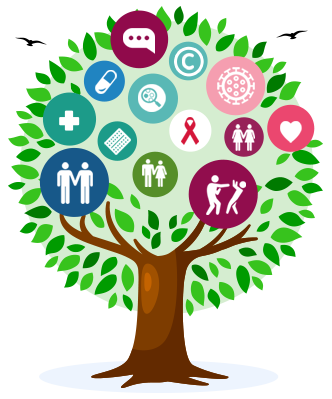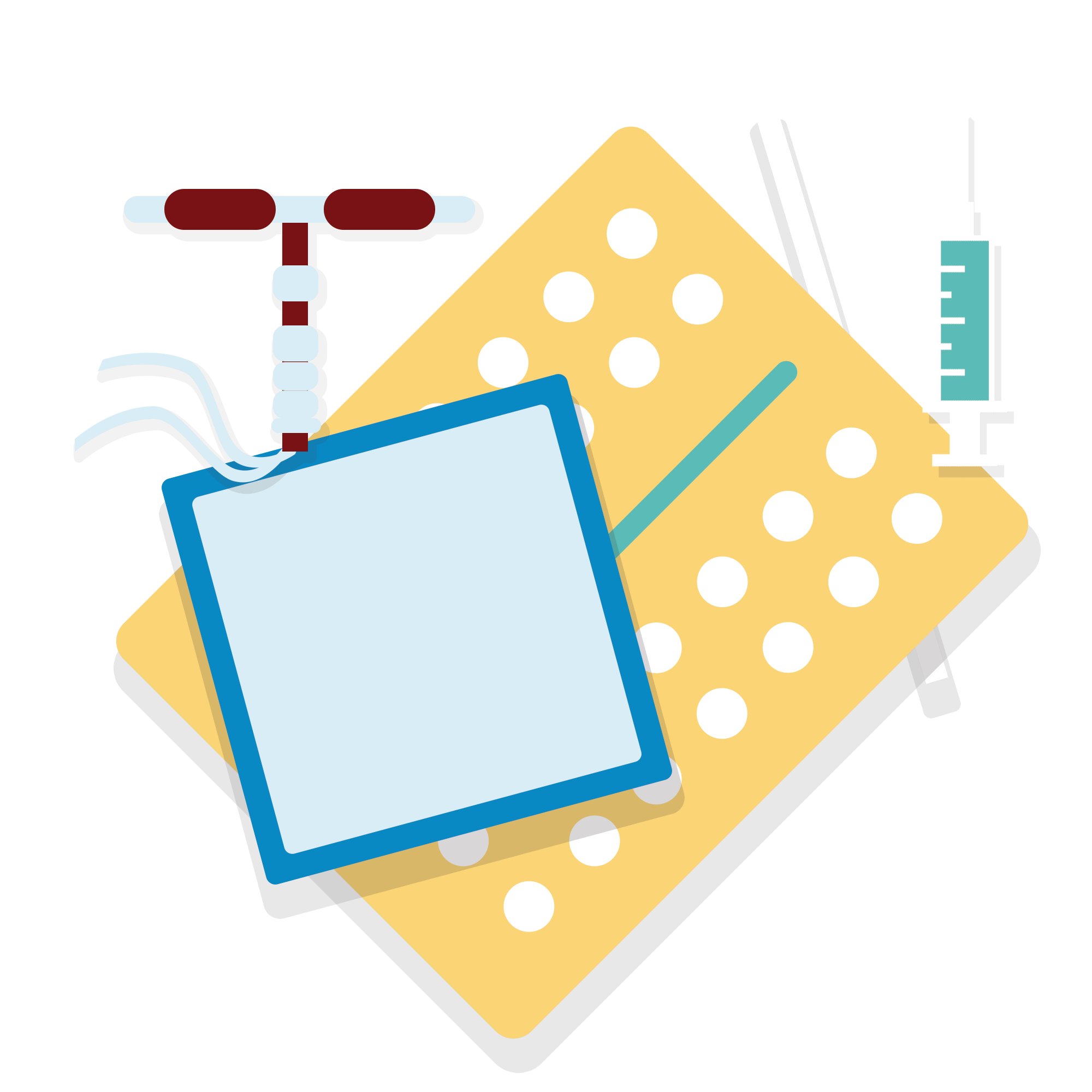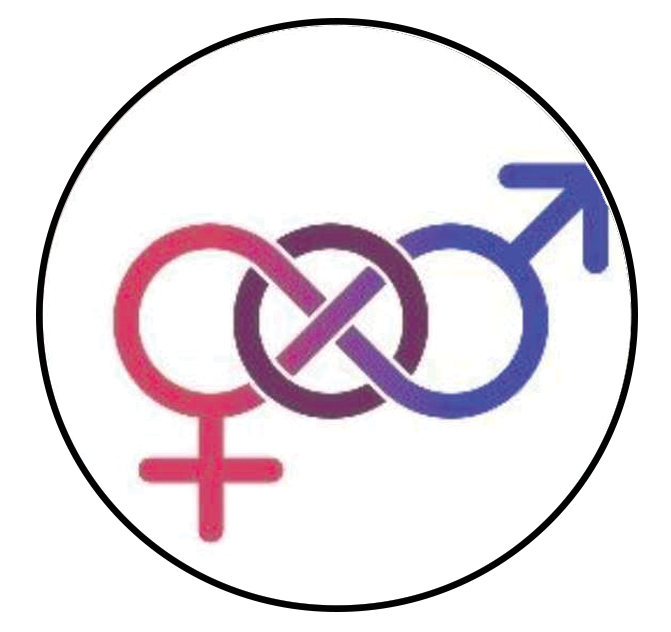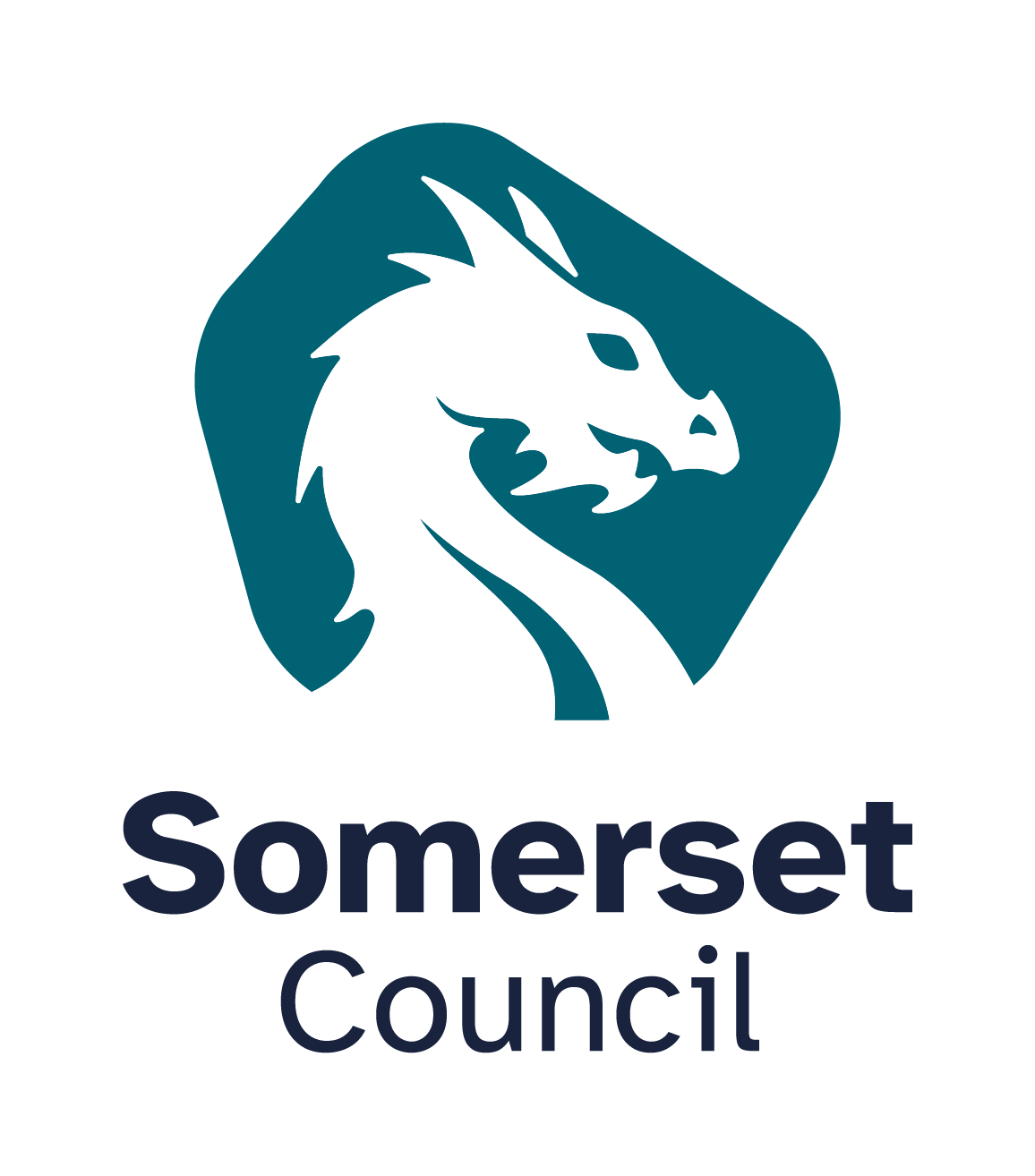
Latest News:
Services for Young People
Confidential information and advice on sexual health
Nearest service to meC-Card Issue Points
Where you can register or collect free condoms, including using our new Click and Collect
Find the nearest to meFemale Genital Mutilation (FGM)
Female genital mutilation (FGM) is the partial or total removal of external female genitalia for non-medical reasons. It's also known as female circumcision, cutting or sunna.
Religious, social or cultural reasons are sometimes used to explain the need to perform FGM. However, FGM is child abuse. It's dangerous and has been a criminal offence in the UK since 1985.
There are no medical reasons to carry out FGM. It doesn't enhance fertility and it doesn't make childbirth safer. It is used to control female sexuality and can cause severe and long-lasting damage, both physically and emotionally. In 2003 it became a criminal offence for UK nationals or permanent UK residents to take their child abroad to have female genital mutilation: anyone found guilty of this offence faces a maximum penalty of 14 years in prison.
In July 2015 the law changed and made it possible for anyone to apply to the court for an FGM Protection Order if they are concerned that someone is at risk of FGM. Breaching an FGM Protection Order is a criminal offence with a maximum sentence of 5 years imprisonment.
The FGM Act 2003 (as amended by section 74 of the Serious Crime Act 2015) introduced a mandatory reporting duty for all regulated health and social care professionals and teachers in England and Wales (October 2015). It requires that all professionals must report to the police if in the course of their duties they:
- are informed by a girl under the age of 18 that she has undergone an act of FGM
- observe physical signs that an act of FGM may have been carried out on a girl under the age of 18.
Childline Click Here and the NSPCC Click Here have further information and helplines if you are worried about a young person or yourself.


















